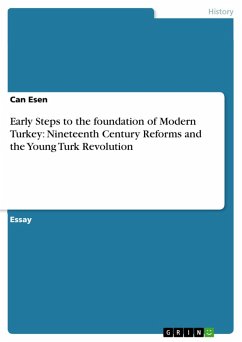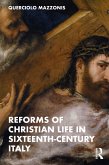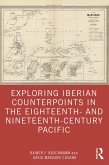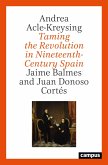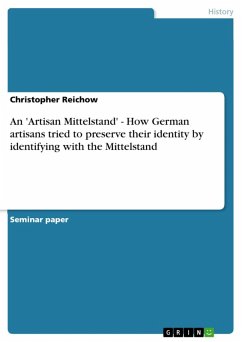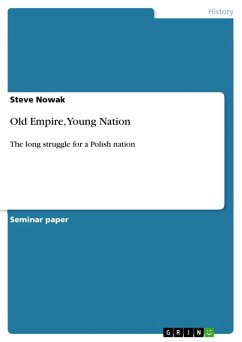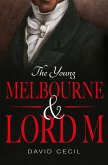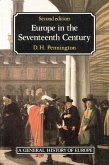Essay from the year 2011 in the subject History of Europe - Modern Times, Absolutism, Industrialization, grade: A, St. Mary's University, course: Politics of the Middle East, language: English, abstract: The modern Republic of Turkey has been hesitant to embrace its Ottoman past for nearly three quarters of a century following the years of its foundation. During the Ottoman period, majority of the people were living an Islamic lifestyle under the guidance of traditional Islamic shari'a law. This situation was challenging to the modern, secular ideas of the young republic. In order to overcome this problem, the new secular state controlled religious affairs and abolished the institution of Caliphate. Morever, founders of the modern Turkey created a National Assembly and which served as the early steps to the representative democracy. There were series of reforms on the education, military system, women's rights and general dress code for public places. However, although Ataturk and his friends' contribution to the Turkish modernization is undeniable, it should be made clear that his ideas were inspired both by the realities of his time and more importantly the reforms of the late Ottoman period. Thus, contrary to what primary level education which is taught in state schools in Turkey suggests, it is hard to claim that he singlehandedly invented all the ideas and reforms concerning the Turkish modernization. In fact, the idea of Turkish modernization long predates the foundation of the secular republic. There had been reforms from top to down during the nineteenth century. These were followed by a new group of intellectuals who were influenced by the ideas of Enlightenment and French Revolution who were called 'Young Turks'. The Young Turk movement, which was emerged among the students of higher learning schools of Istanbul attracted many other members of the society. The members of the movement were united in their opposition to the personal rule of the Sultan and created the backbone of the modern democratic reforms happened during early years of the modern Turkish Republic (Hanioglu, 2011).
Dieser Download kann aus rechtlichen Gründen nur mit Rechnungsadresse in A, B, BG, CY, CZ, D, DK, EW, E, FIN, F, GR, HR, H, IRL, I, LT, L, LR, M, NL, PL, P, R, S, SLO, SK ausgeliefert werden.

